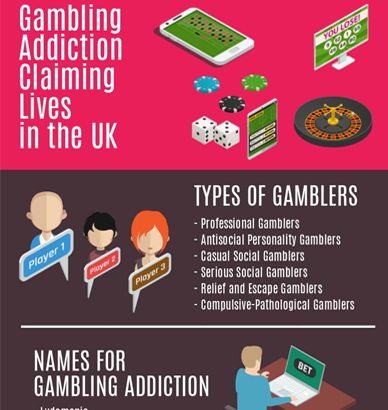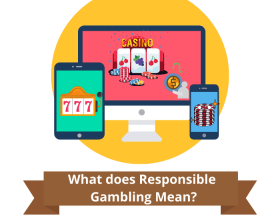Gambling addiction is a serious issue that affects individuals from all walks of life. It is important to be able to recognize the signs of gambling addiction in order to provide the necessary support and help. In this article, we will explore the indicators and symptoms of gambling addiction, as well as strategies to assist those struggling with this addiction.
1. Understanding Gambling Addiction
Gambling addiction, also known as compulsive gambling or pathological gambling, is an uncontrollable urge to continue gambling despite the negative consequences it may have on one’s life. It is classified as a behavioral addiction, where individuals are unable to control their impulses and are driven to gamble excessively.
Common forms of gambling that can become addictive include casino games, sports betting, online gambling, and lottery tickets. The rush and excitement from winning can create a psychological reward system, leading individuals to develop an addiction.
2. Signs and Symptoms
Recognizing the signs and symptoms of gambling addiction is crucial in helping someone seek the necessary assistance. Some common indicators include:
Increasing obsession with gambling and spending more time and money on it
Restlessness and irritability when not gambling
Chasing losses by continuing to gamble in order to recoup money
Neglecting personal and professional responsibilities
Borrowing money or resorting to illegal activities to fund gambling habits
Lying to friends and family about gambling habits
Experiencing financial difficulties and mounting debt
Feelings of guilt, shame, or anxiety related to gambling
Difficulty in cutting back or quitting gambling
3. Strategies to Help
1. Encourage open communication: It is important to create a safe and non-judgmental space for individuals struggling with gambling addiction to share their concerns and feelings. Encourage them to openly discuss the impact gambling has had on their life.
2. Educate about addiction: Providing information about gambling addiction and its consequences can help raise awareness and increase the chances of seeking help. Highlight the psychological and financial impact it can have on individuals and their loved ones.
3. Offer support and understanding: Let them know that they are not alone in this battle and that you are there to support them. Show empathy and understanding towards their struggles, reinforcing the fact that they are not defined by their addiction.
4. Encourage professional help: Suggest seeking professional assistance from a therapist, counselor, or support group specialized in gambling addiction. These professionals can provide the necessary guidance and treatment options.
5. Establish healthy coping mechanisms: Encourage the individual to find alternative activities that provide a similar thrill or diversion from gambling. This can include exercising, engaging in hobbies, or spending time with loved ones.
6. Set financial boundaries: Help them create a budget and manage their finances to prevent further financial strain. Encourage them to hand over control of their financial affairs to a trusted individual if necessary.
7. Create a support network: Encourage them to connect with others who have successfully recovered from gambling addiction. Support groups and online forums can provide a sense of community and understanding.
4. Conclusion
Gambling addiction can have a detrimental impact on an individual’s life and those around them. By recognizing the signs and symptoms, providing support, and suggesting professional help, we can make a significant difference in their recovery journey. Remember, overcoming gambling addiction requires a holistic and comprehensive approach, so always seek professional guidance and support.






